Bank deposits rose to LE11.53 trillion in March 2024, up from LE10.16 trillion in December 2023, according to data from the Central Bank of Egypt (CBE).
Government and nongovernment deposits stood at LE2.59 trillion and LE8.9 trillion, respectively, in March. Government deposits comprised LE2.06 trillion in the Egyptian pound and LE531.9 billion in foreign currencies, CBE data showed.
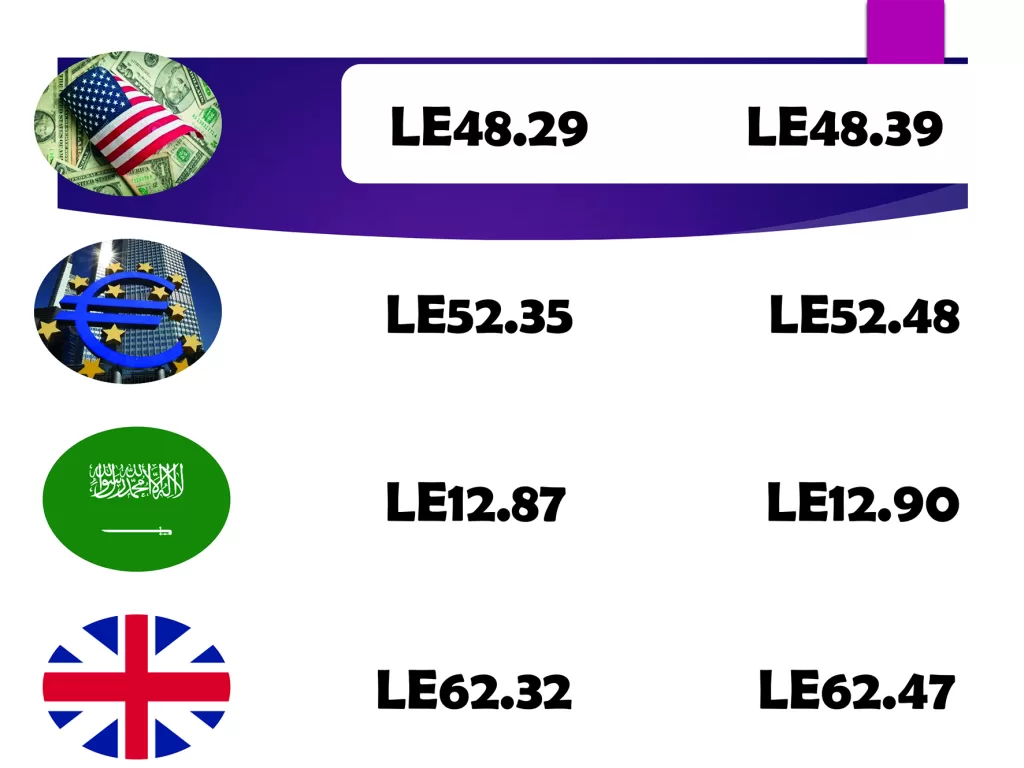
Nongovernment deposits savings in the local currency stood at LE6.49 trillion in March. Nongovernment deposits in foreign currencies totaled LE2.45 trillion, according to CBE data.
Banks act as intermediaries between savers and borrowers. They collect deposits from savers who are looking for a safe place to store their money while earning interest on it. Banks then use these deposits to make loans to borrowers who need capital for various purposes.
Bank loans top LE6.6 trillion
Bank loans rose to LE6.68 trillion in March 2024, against LE5.28 trillion in December 2023, according to CBE data.
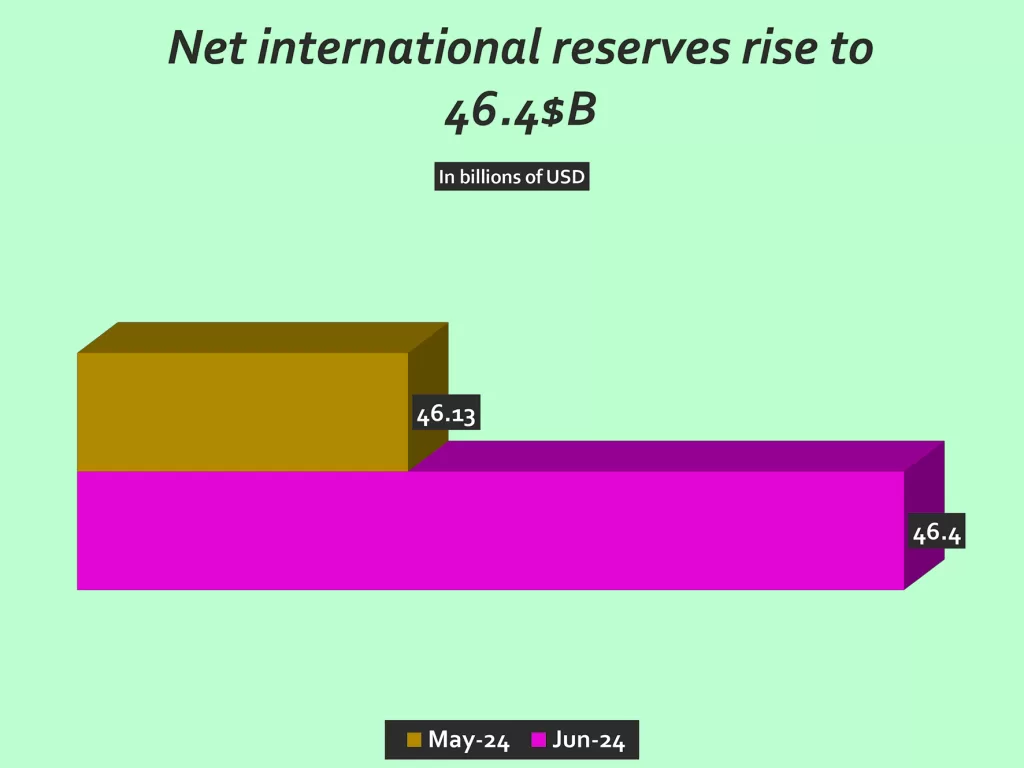
Governmental loans increased to LE3.36 trillion in March, up from LE2.35 trillion in December 2023. Non-governmental credit stood at LE3.31 trillion in March, compared to LE2.9 trillion in December, according to CBE data.
CBE withdraws liquidity worth LE947.1b
The CBE withdrew, in an open market tender last week, liquidity worth LE947.1 billion from 32 local banks at 27.75 per cent interest rate.
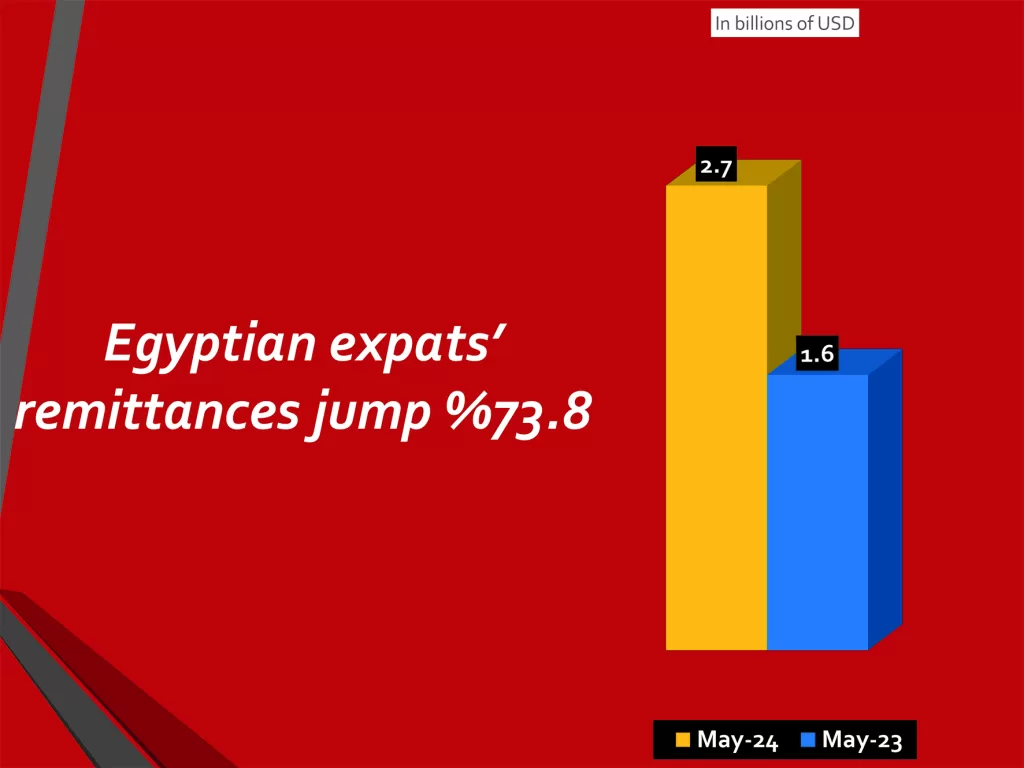
The CBE withdrew liquidity worth LE1.119 trillion from the local lenders a week earlier.
The CBE embraces the world’s best measures to well manage the banking sector’s excess liquidity in a bid to improve effectiveness of its monetary policy decisions.
How US elections affect gold
Gold prices typically respond to key drivers, such as the direction of the US dollar, interest rates or perceptions of risk, which can be, of course, influenced by economic, fiscal and monetary policies of a specific administration – irrespective of party affiliation, a World Gold Council report said.
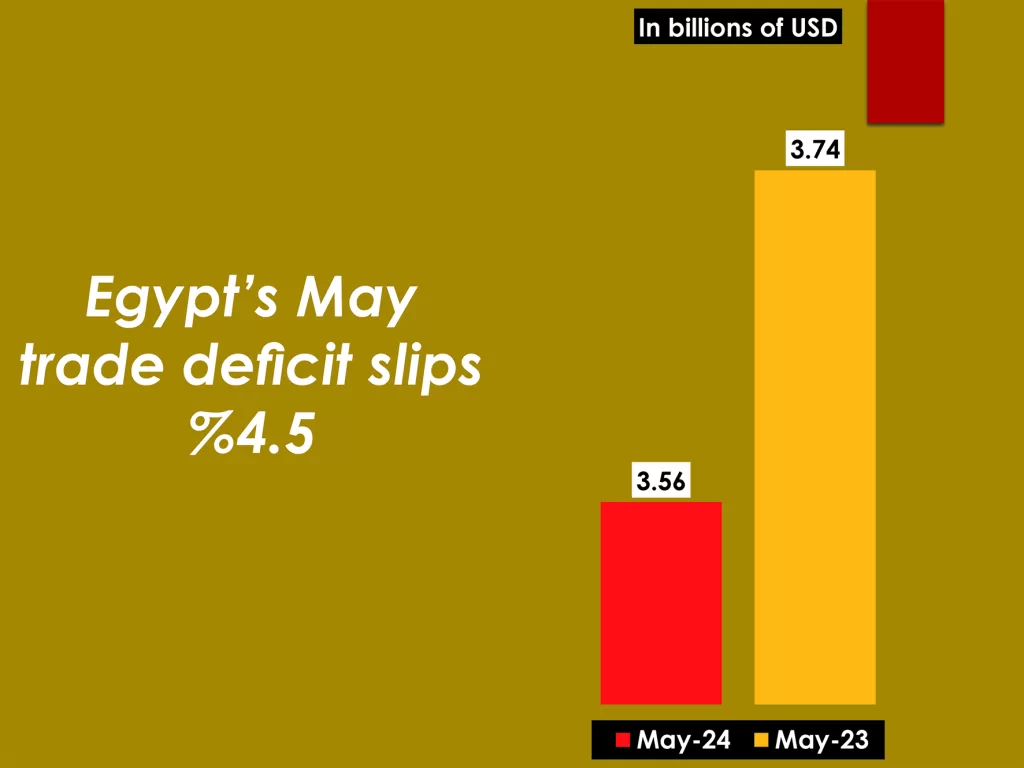
Given the US’s pivotal role in the global economy, coupled with the prevailing geopolitical uncertainties, the upcoming presidential election is viewed by many as a watershed moment with far-reaching implications.
“Our analysis suggests that while US gold bar and coin demand seems to increase, on average, during Democratic presidencies, this is not the case with other segments of investment demand. In addition, party affiliation does not have a consistent impact on price during US elections. Instead, economic policies, both domestic and foreign, of any given president are more relevant to the behaviour of financial assets, including gold,” said the WGC report, a copy of which was made available to the Egyptian Mail.
Historically, the US election has not been seen as a geopolitical risk, both the world and the US electorate remain highly polarised. This in turn highlights the need for robust hedges in investor portfolios, a role that gold fullfils effectively.
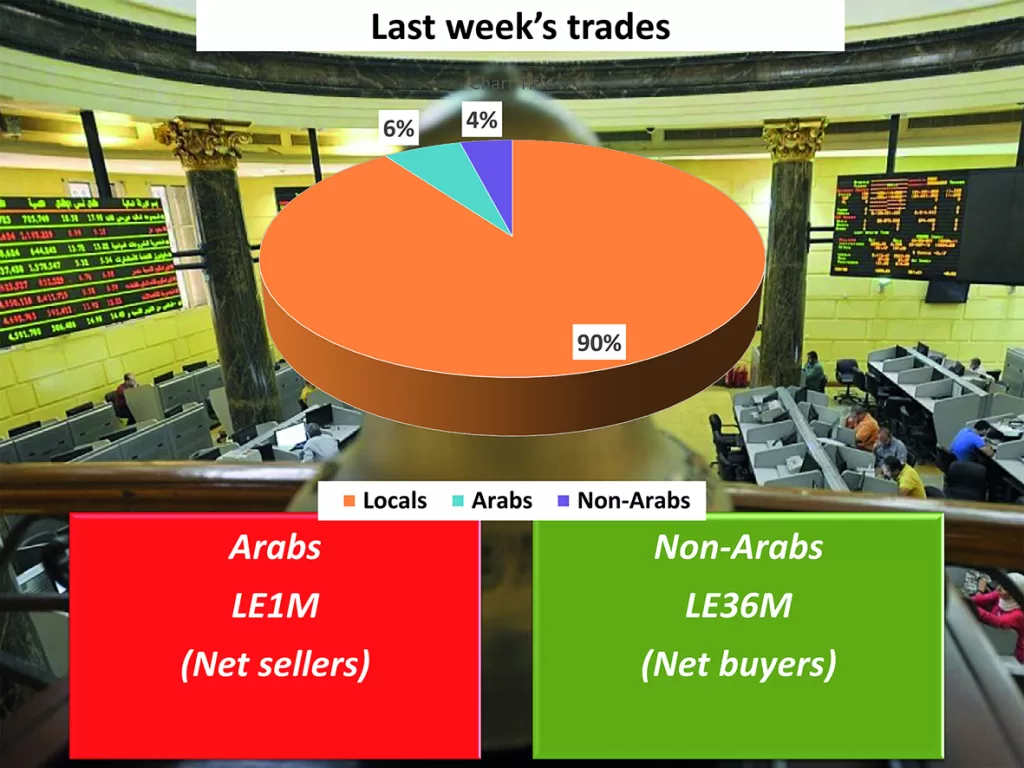
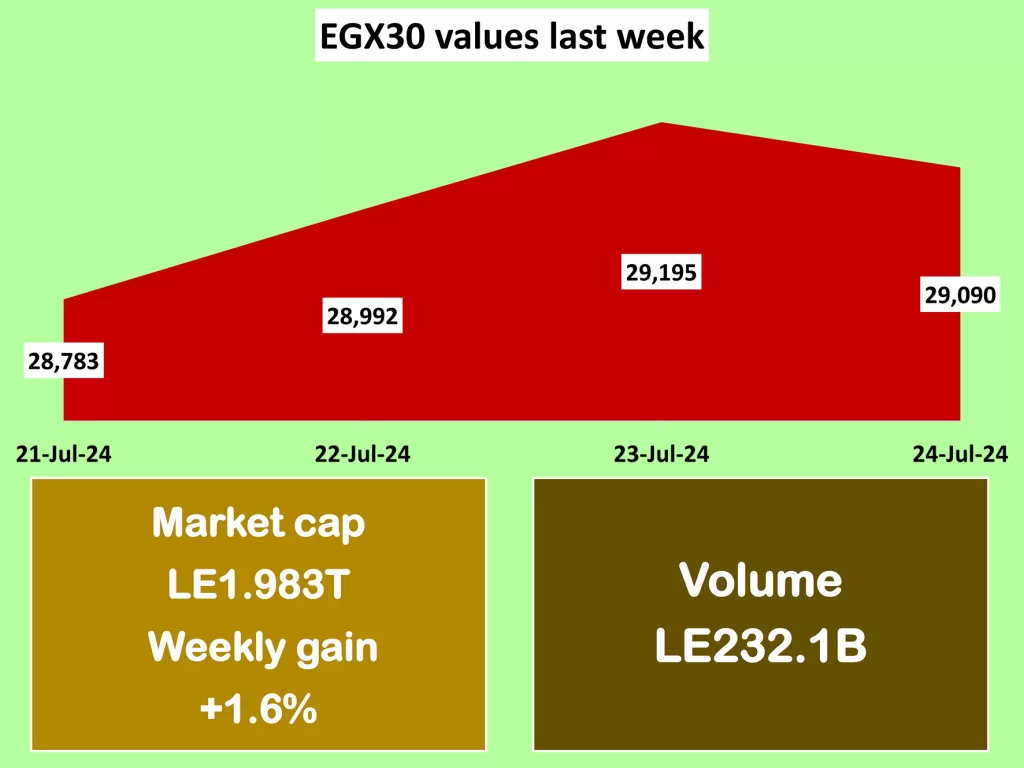
“Our analysis has previously shown a direct connection between geopolitical risk and gold. We have found that a 100bps rise in the Geopolitical Risk (GPR) Index,3 holding all else constant, has a c.2.5 per cent positive impact on gold’s return. This reinforces the view that gold tends to be perceived by investors as a safe haven during times of elevated geopolitical risk,” it added.



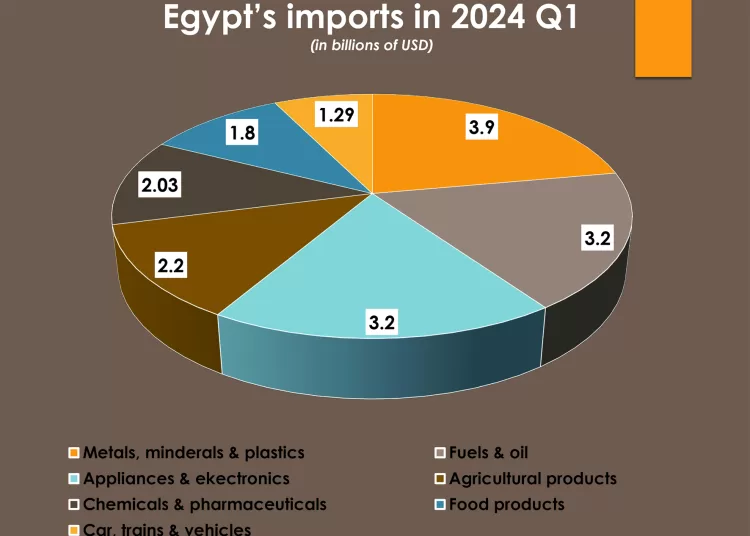


Discussion about this post